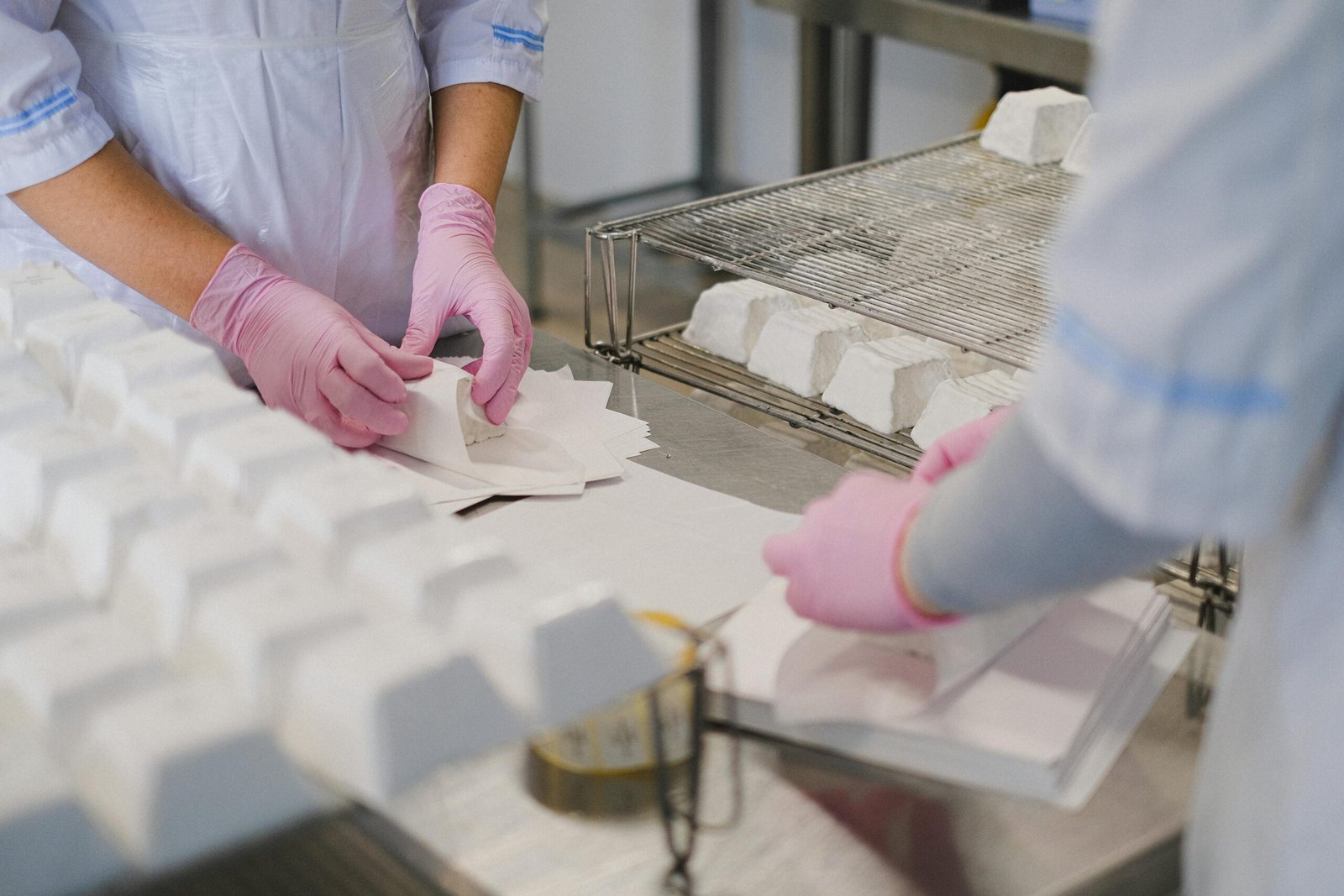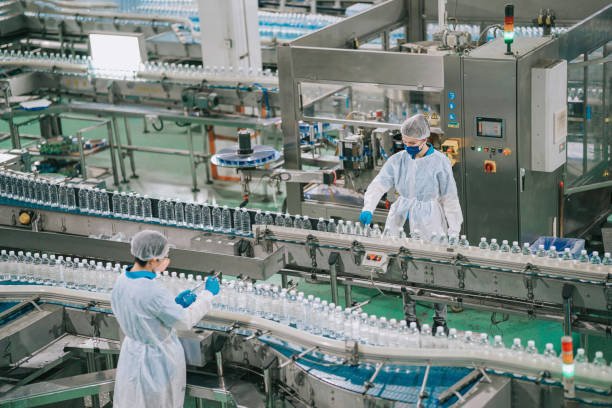Why Is FSSC 22000 Becoming the New ‘Passport’ for Exporting to the EU and U.S.?
For food manufacturers aiming to export to high-standard markets like the EU and United States, one certification is quickly becoming essential — FSSC 22000 (Food Safety System Certification 22000).
This globally recognized standard, benchmarked by GFSI (Global Food Safety Initiative), now serves as a key requirement for international buyers and retailers. In other words, FSSC 22000 has become the new “passport” for global food trade.
Here’s why more manufacturers — especially SMEs — are adopting FSSC 22000 to access and sustain exports to the world’s most regulated markets.

1. Recognized and Accepted by Global Retailers
-
FSSC 22000 is officially recognized by GFSI, the same framework trusted by top retailers like:
-
Walmart
-
Tesco
-
Carrefour
-
Nestlé
-
Unilever
-
-
This means your certification is automatically accepted across the EU and U.S. supply chain.
-
Reduces the need for multiple audits and certifications.
2. Meets Stringent EU and U.S. Food Safety Regulations
-
EU and FDA regulations require proven food safety management systems.
-
FSSC 22000 integrates the principles of ISO 22000 + prerequisite programs (PRPs).
-
Covers critical compliance areas like:
-
Hazard prevention and control (HACCP-based)
-
Traceability and recall systems
-
Supplier verification
-
Food defense and fraud prevention
-
-
Aligns closely with FDA FSMA (Food Safety Modernization Act) and EU Regulation (EC) No 852/2004.
3. Strengthens Export Readiness and Market Entry
-
Certification signals that your facility meets international buyer expectations.
-
Simplifies approval during export licensing or foreign audits.
-
Builds confidence among importers and distributors.
-
Makes your brand eligible for global procurement programs.
4. Improves Traceability Across the Supply Chain
-
FSSC 22000 emphasizes end-to-end traceability — from raw materials to distribution.
-
Essential for meeting EU and U.S. recall and reporting requirements.
-
Enables faster response to contamination or complaint issues.
-
Reduces the risk of shipment rejection at customs checkpoints.
5. Demonstrates Commitment to Food Safety Culture
-
International buyers prefer suppliers who show long-term compliance, not one-time audits.
-
FSSC 22000 requires:
-
Management involvement in food safety.
-
Employee training and awareness.
-
Ongoing performance evaluation.
-
-
Builds a strong food safety culture that reassures global partners.
6. Integrates Sustainability and Social Responsibility
-
The latest FSSC 22000 Version 6 includes sustainability and food defense elements.
-
Addresses global concerns like:
-
Environmental management.
-
Food fraud prevention.
-
Ethical supply chain practices.
-
-
Aligns with EU Green Deal and U.S. sustainability sourcing expectations.
7. Enhances Competitive Advantage for SMEs
-
Helps small and medium food factories stand on equal footing with multinational brands.
-
Reduces buyer hesitation when sourcing from emerging markets like Malaysia.
-
Improves credibility and visibility in global supplier databases.
-
Increases potential for long-term export contracts.
8. Reduces Rejection and Recall Costs
-
EU and U.S. border controls are strict on food safety non-compliance.
-
FSSC 22000-certified products face lower risk of detention, rejection, or destruction.
-
Ensures all batches meet consistent hygiene and safety standards.
-
Saves exporters from huge financial and reputation losses.
9. Supports Integration With ISO-Based Systems
-
FSSC 22000 is built on the ISO management system structure (Annex SL).
-
Easily integrates with:
-
ISO 9001 (Quality)
-
ISO 14001 (Environment)
-
ISO 45001 (Safety)
-
-
This unified system streamlines global compliance audits.

Final Thoughts
For manufacturers targeting international markets, FSSC 22000 is no longer optional — it’s a necessity.
It bridges compliance, global recognition, and sustainability in one system, making it the most effective passport for entering the EU and U.S. markets.
👉 At CAYS Scientific, we help food manufacturers and exporters implement FSSC 22000 systems tailored for global market access — from documentation to certification readiness.


